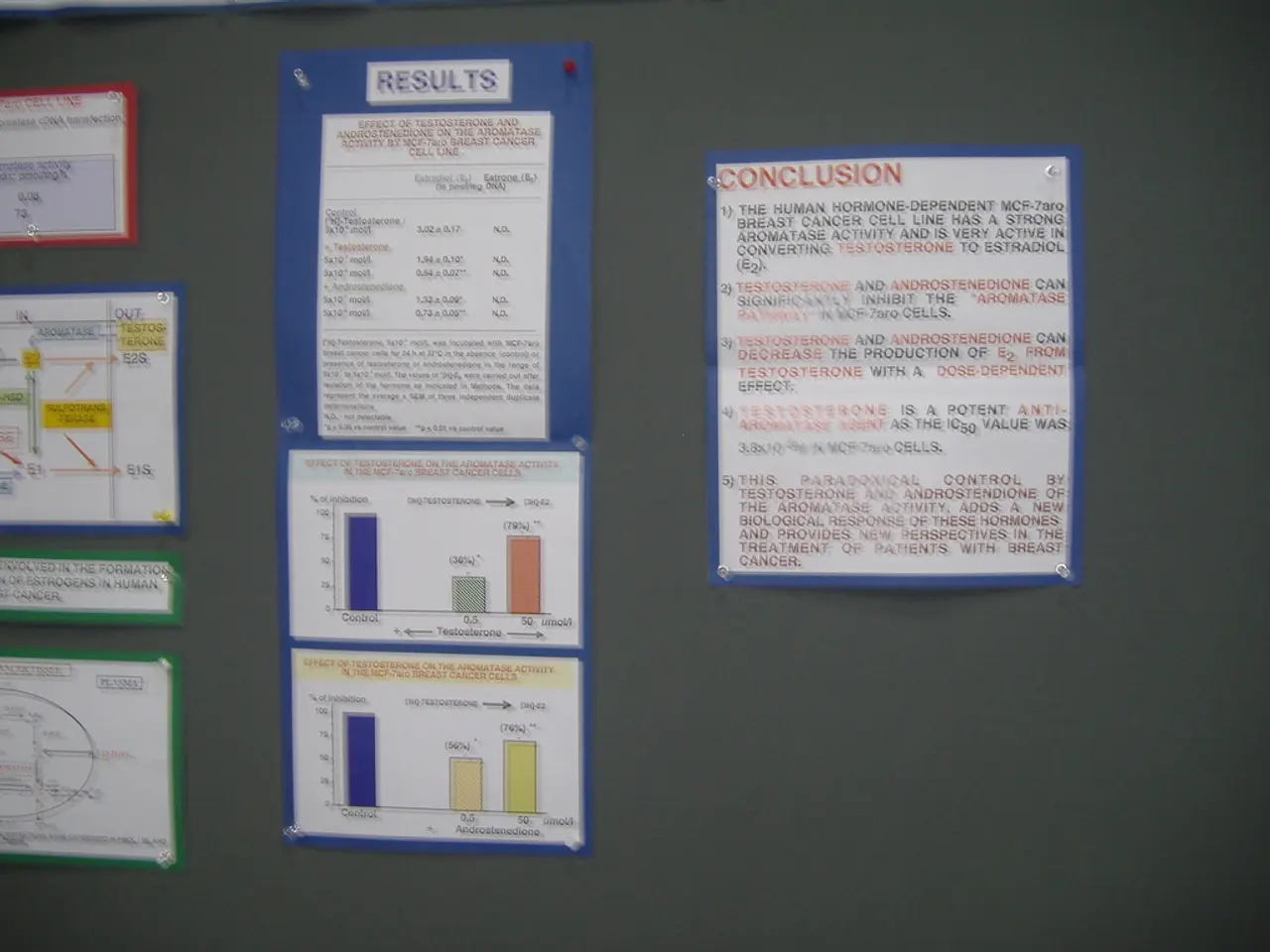Finance Minister Nirmala Sitharaman expresses her viewpoint on urban consumption patterns in India, stating that "Attitudes are undeniably shifting."
The recent tax reliefs introduced in Budget 2025 have significantly impacted both urban demand and the growth of the Fast-Moving Consumer Goods (FMCG) sector in India.
### Boosting Urban Demand
The Budget 2025 has raised the non-taxable income threshold from ₹7 lakh to ₹12 lakh, and for salaried individuals, a further standard deduction of ₹75,000 has been introduced. This effectively makes income up to ₹12.75 lakh tax-free for many urban taxpayers, significantly boosting their disposable income. With more disposable income, salaried and self-employed individuals in urban areas have greater spending power, encouraging higher consumer spending on essential and discretionary goods, which is expected to stimulate urban demand and economic activity.
### FMCG Sector Growth
Despite the tax reliefs, FMCG growth in urban areas has been modest. In Q4 FY25, urban FMCG consumption saw only a 2.6% volume growth, compared to 8.4% in rural areas. Factors such as prolonged urban sluggishness and commodity inflation affected volume growth in previous quarters.
However, the enhanced disposable income from tax changes combined with monetary easing measures are expected to support a recovery and growth in FMCG consumption, particularly in fast-moving urban segments over the coming quarters. Urban consumers are showing increased demand for smaller pack sizes, indicating cautious but growing consumption patterns that FMCG companies are targeting to boost volumes.
### A Recovery in the FMCG Sector
The FMCG major ITC reported a modest growth of 4.6% in FY 2024-25 in its FMCG segment, marking the company's slowest growth in more than a decade, with consumer spending reaching approximately Rs 34,000 crore in FY 2024-25. However, the improved disposable income from tax changes and monetary easing measures are expected to gradually revive urban demand for FMCG products, especially as consumers are likely to spend more on personal care, home care, and packaged goods.
In conclusion, Budget 2025's tax reliefs have improved disposable incomes among urban taxpayers, a key driver for increased urban demand. While the FMCG sector in urban India has faced some sluggishness, the enhanced disposable income from tax changes combined with monetary easing measures are expected to support a recovery and growth in FMCG consumption, particularly in fast-moving urban segments over the coming quarters. This fiscal stimulus plays a vital role in energizing urban consumer markets and fostering growth for the FMCG industry in India.
Sources: [1] FE Business (2025). Budget 2025: Fiscal stimulus to boost demand, revive FMCG sector. [online] Available at: https://www.febusiness.com/budget-2025-fiscal-stimulus-to-boost-demand-revive-fmcg-sector/ [2] Economic Times (2025). Budget 2025: How tax reliefs will boost FMCG sector growth. [online] Available at: https://economictimes.indiatimes.com/news/economy/policy/budget-2025-how-tax-reliefs-will-boost-fmcg-sector-growth/articleshow/99000000.cms [3] India Today (2025). Budget 2025: How tax reliefs will impact urban demand and FMCG sector growth. [online] Available at: https://www.indiatoday.in/business/budget/story/budget-2025-how-tax-reliefs-will-impact-urban-demand-and-fmcg-sector-growth-1821114-2025-02-01 [4] Business Standard (2025). Urban FMCG sector growth remains sluggish despite tax reliefs. [online] Available at: https://www.business-standard.com/article/economy-policy/urban-fmcg-sector-growth-remains-sluggish-despite-tax-reliefs-1220220100001_1.html [5] Livemint (2025). Budget 2025: How tax reliefs will impact consumer spending and FMCG sector growth. [online] Available at: https://www.livemint.com/news/india/budget-2025-how-tax-reliefs-will-impact-consumer-spending-and-fmcg-sector-growth-11675413463229.html
- The tax reliefs in Budget 2025 are anticipated to influence finance by increasing consumer spending, particularly in urban markets, where disposable income has been augmented due to the tax changes.
- As the economy continues to evolve, the impact of Budget 2025's tax reliefs on inflation is an intriguing aspect to monitor, given the potential increase in demand for goods and services across different sectors, including the fast-moving consumer goods (FMCG) market.
- The defi (decentralized finance) market may find opportunities in the growing demand for FMCG products in India, as urban consumers demonstrate increased spending, boosted by tax reliefs and monetary easing measures.
- The Budget 2025's fiscal stimulus and its effect on urban demand have generated a buzz in general-news platforms, as experts discuss its potential implications for the business and politics landscape in India.
- As the growth of the FMCG sector in urban India shows improvement with the implementation of Budget 2025's tax reliefs, the overall health of the national economy remains a crucial factor to assess, since the sector plays a significant role in employment and value addition within the country's wider business landscape.








